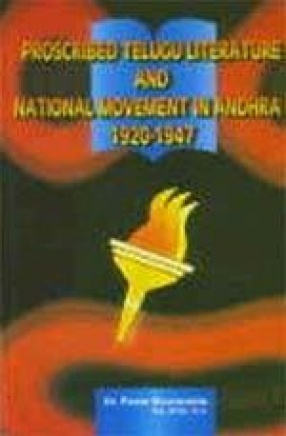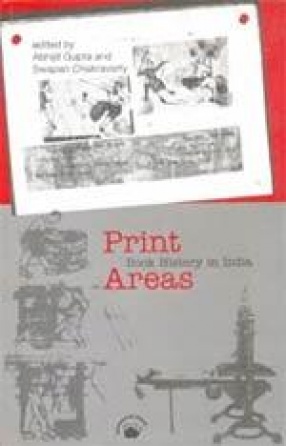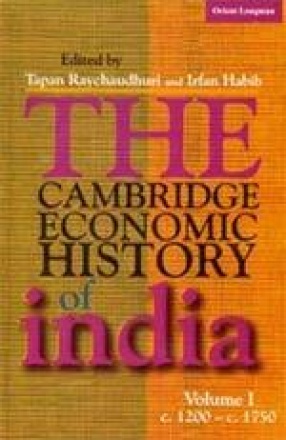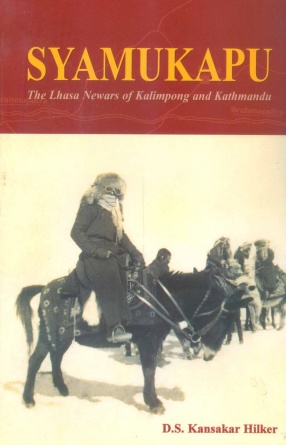Proscribed Telugu Literature and National Movement in Andhra: 1920-1947
Synopsis
Gandhian phase of national movement offered to the people a number of constructive programmes and political movements. The success of these programmes and movements depended on politicization and mobilization of the masses. In communicating and propagating the political ideas of the nationalist leaders to the masses the nationalist intelligentsia of Andhra played an effective and remarkable role. They were influenced by the Gandhian ideology and political techniques and through their writings influenced the people to a great extent. They made the people to believe, to accept, to support, to involve and to participate in the national movement. They criticised the colonial rule and authorised the national movement. In the process they wrote dramas, songs, books, pamphlets, leaflets and articles in newspapers imbuing the people with patriotic fervour, indomitable courage and heroic-sacrifice to an extraordinary degree. The consequent efflorescence of nationalist literature contributed to the formation of people’s national consciousness and their voluntary participation in the national movement to such as extent that the colonial government began to sense a threat to its own existence and was forced to resort to proscription and suppression of ideas and oppression of the freedom of the press. The objective of this book is to estimate the contribution of the proscribed Telugu literature to the national movement in Andhra between 1920 and 1947. On the basis of the available material an attempt has been made in this study to detail the contents of the works, to explain the techniques adopted by the writers and analyse the themes embodied in the literature. The work also studies the reaction of the government towards the writers and their works. It also highlights the contribution and sacrifice made by four leading nationalist intelligentsia who were writers and at the same time freedom fighters. This book explains the historical method which essentially includes the interpretation of evidence from government documents, government orders, fortnightly confidential reports, Madras police abstracts of intelligence, C.I.D. Reports of Madras Presidency, proscribed books, pamphlets, booklets, newspapers and periodicals, gazetteers, souvenirs, as primary and secondary sources. It will prove more useful to C.I.D., police, intelligence and historians for their research works.
Read more
17.10
15.39
$
18.00 $
Free delivery Wolrdwidе in 10-18 days
Ships in 2-4 days from New Delhi
Membership for 1 Year $35.00
Get it now and save 10%
Get it now and save 10%
BECOME A MEMBER







Bibliographic information